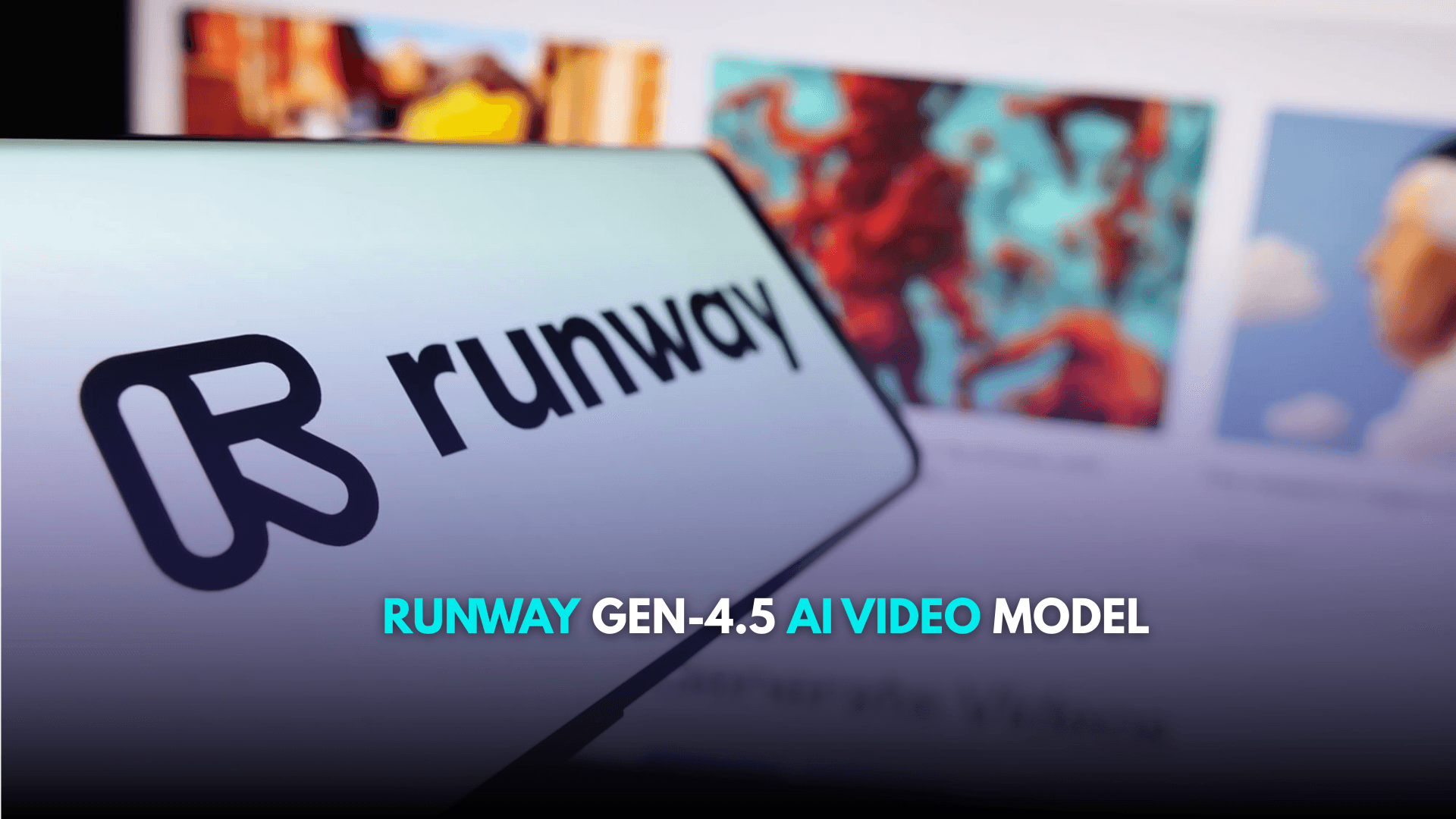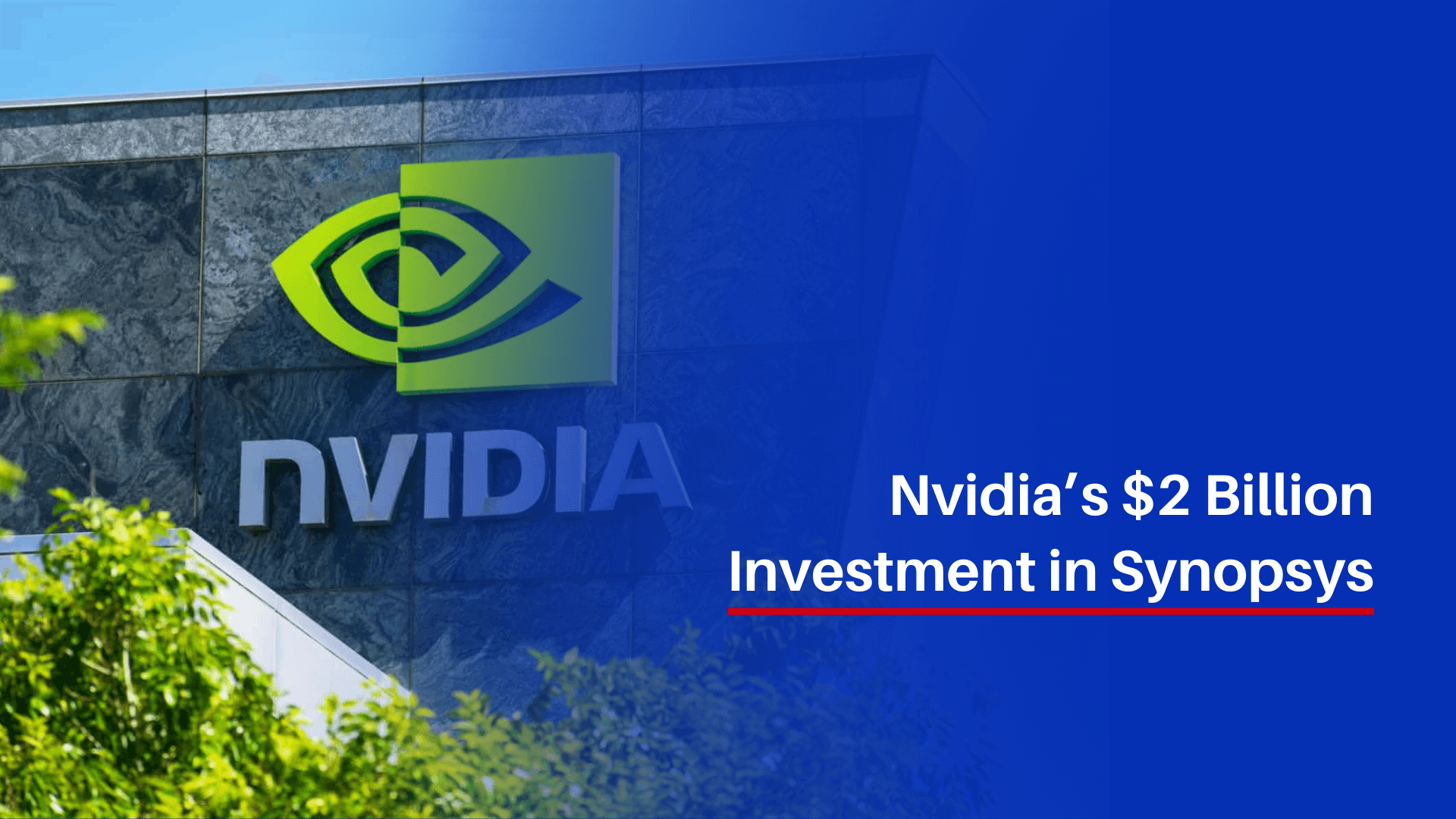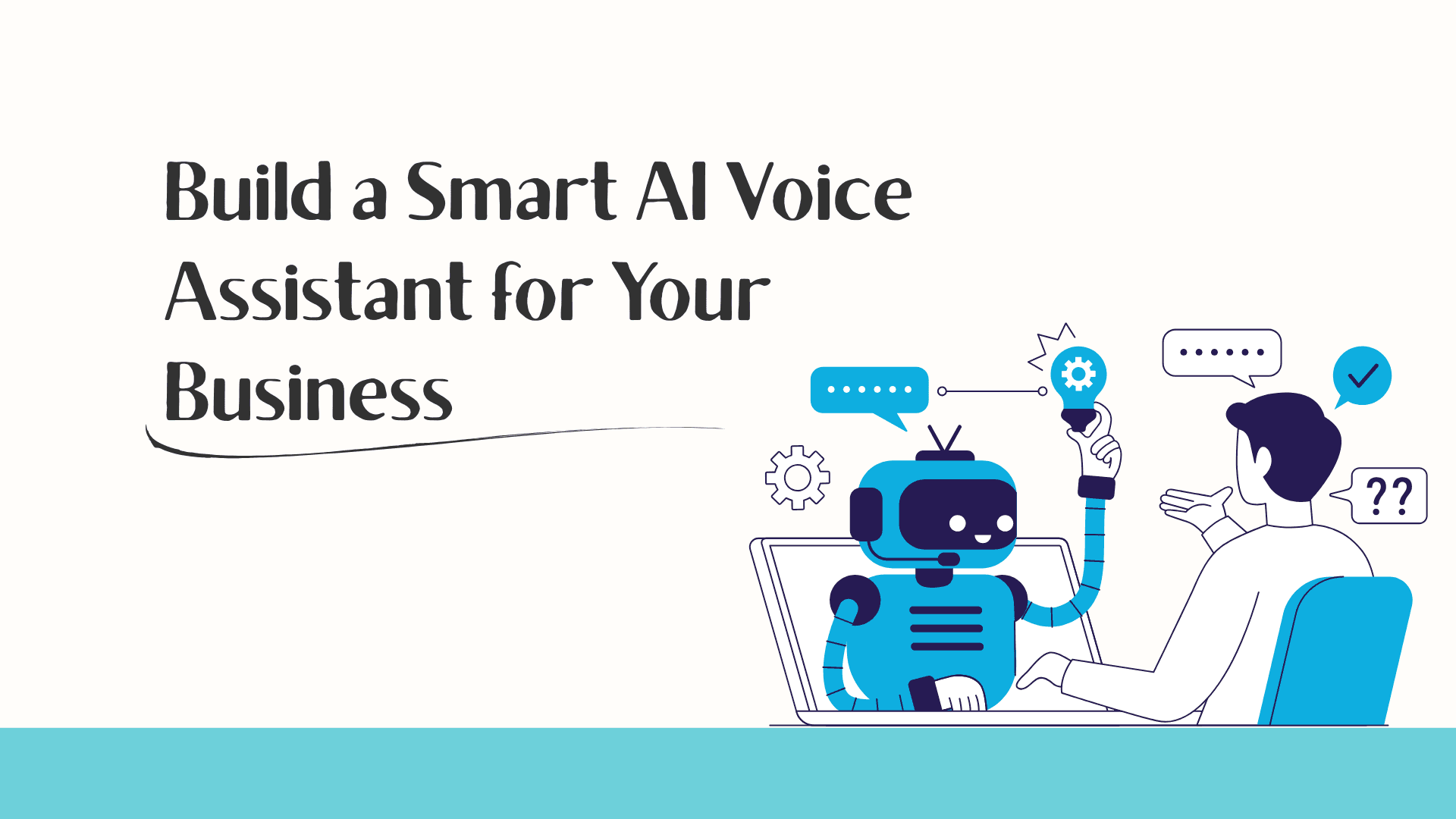5 Big Lies About Web Development (And the Truth)

There are a lot of myths about web development, and if you're a developer (or thinking about becoming one), you've probably heard some of them. Today, we’re going to break down five of the biggest lies people believe—and give you the real story.
Let’s dive in
1. You Need to Plan for Millions of Users Right Away
People love to say, “Build for scale!” as if every app will one day have millions of users. They’ll tell you to use microservices because it’ll help you grow in the future.
But here’s the truth: Most apps don’t need this level of complexity. Even DoorDash, with 20 million users in 2020, originally ran on a simple monolithic app. They didn’t switch to microservices because of performance problems—they did it to help their huge team manage the code better.
For most apps, keeping things simple is the best way to go. If you’re building something new, focus on making it work well now. Worry about scaling later—if you even need to!
2. Big Tech Companies Always Know Best
We tend to think that companies like Google, Facebook, and Amazon always make the right choices. After all, they’re the biggest names in tech, right?
But even they mess up—big time. Remember when Facebook (Meta) stored millions of user passwords in plain text? That’s a security mistake even beginner developers know to avoid.
Even their best tools aren’t perfect. React and Angular, two of the most widely used web frameworks, have gone through major changes over the years, sometimes frustrating developers in the process. Just because something comes from a big company doesn’t mean it’s flawless—or that it will last forever.
3. If It’s Easy, It Must Be Wrong
Some developers believe that if something is simple, it must be bad. They think good software has to be complicated and difficult.
But the truth? The best software is easy to use and easy to understand. Making things simple is actually harder than making them complex! Just adding more tools and features doesn’t always improve a project—it often makes it worse.
Look at DoorDash’s switch to microservices. It helped their teams work more independently, but it also made the system harder to maintain. The key takeaway? A more complex system isn’t always a better one.
4. Good Code is the Most Important Thing
Writing clean, well-structured code is important, but it’s not the most important thing. What really matters is whether your software actually solves a problem.
Plenty of successful apps started with messy, imperfect code. Users don’t care if the code is beautifully written—they care if the app helps them. If an app is useful, people will put up with bugs and slow updates. On the flip side, a perfectly coded app that nobody needs is just another abandoned project.
Of course, you should aim for quality, but don’t let perfection stop you from shipping your product. The best approach? Release something, get feedback, and improve it over time.
5. AI Will Take Developer Jobs
With AI tools like ChatGPT and GitHub Copilot, there’s a lot of fear that developers will be replaced by machines.
But here’s the reality: AI is a tool, not a replacement for human creativity and problem-solving. Sure, AI can generate code, but it doesn’t understand business needs, come up with innovative ideas, or make critical decisions.
That said, AI will change how developers work. The most successful developers won’t be the ones who resist AI—they’ll be the ones who learn how to use it to work faster and smarter. Adaptability is key!
Final Thoughts
Web development is full of bad advice, but now you know better! Keep things simple, focus on solving real problems, and don’t stress about AI taking over your job. The tech world is always changing, but great developers will always be needed
You might also like

Runway Gen-4.5 AI Video Model - Faster and Smarter Than Google and OpenAI
Runway launches Gen-4.5 AI video model. It can turn text into videos quickly and beats models from Google and OpenAI in tests.

Nvidia’s $2 Billion Investment in Synopsys
Nvidia invests $2 billion in Synopsys to make smarter computer chips and faster AI. Learn how this partnership can improve technology for businesses and industries

Build a Smart AI Voice Assistant for Your Business Fast, Simple, and Ready to Use
Create your own AI voice assistant in minutes with Kayan. Answer customer questions, handle calls, and improve support without coding or technical skills. Simple, fast, and ready to use.
Enjoy this article?
Subscribe to our newsletter to get more insights on technology, design, and the future of digital innovation.
CRTVAI
Unlock AI's full potential with expert insights from leading software innovators. Subscribe for exclusive content on ChatGPT integration, custom development solutions, and transformative technologies that deliver measurable business results.
Popular Posts

10 Software Design Patterns Made Simple: A Guide for New Programmers

Google Gemini 2.5 Pro and China’s AI Boom Are Rewriting the Rules of the AI Race

Why Everyone in MENA is Talking About Evalia AI for Call Centers
